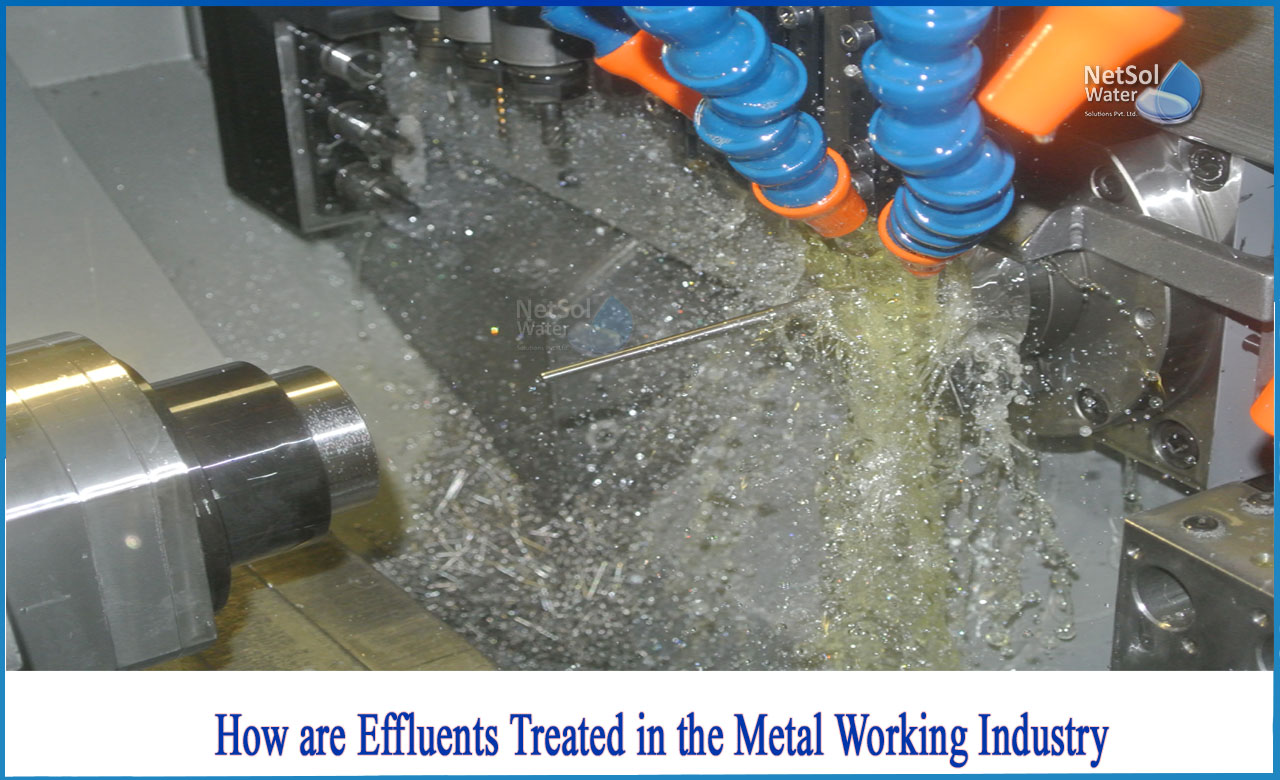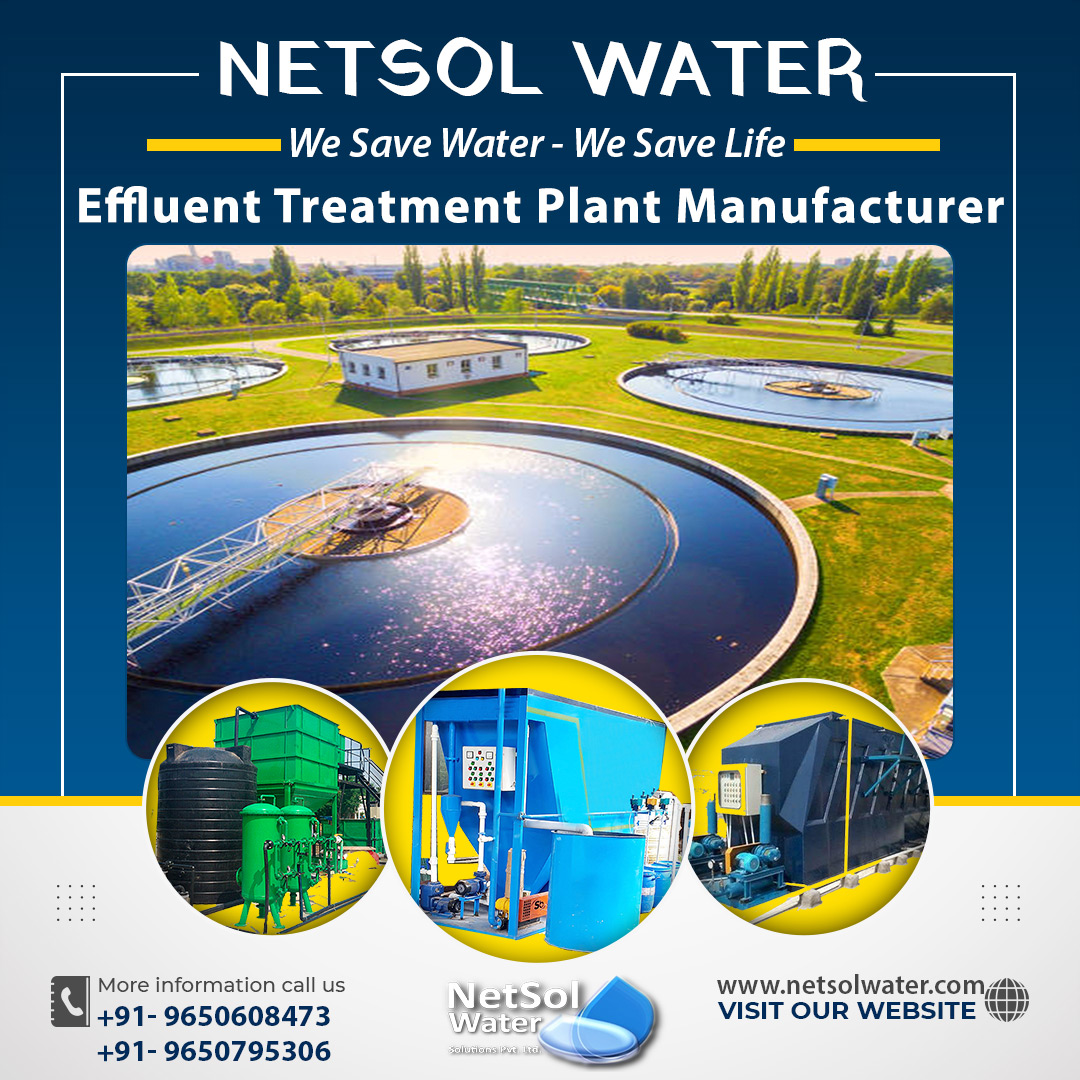How are effluents treated in the metal working industry?
This guidance applies if your metal finishing operations generate liquid effluent and you treat it on-site.
Because untreated effluent is likely to contain metals that can damage bacterial treatment beds at sewage treatment works, contaminate sewage sludge, and cause water pollution, you should treat it before discharging it. If you pollute water, you are almost certainly breaking the law. You could face a fine or be ordered to halt your operations.
Industrial effluent, which contains heavy metals as well as other toxic compounds, has been shown to have a variety of effects on coral health. Effluent can cause physiological stress, reduce fertility, cause deviations from normal coral and other marine organism growth, potentially reduce growth rates of symbiotic algae, and, in extreme cases, result in death.
What does metal working industry include?
The metalworking sector is made up of many businesses that are very different from one another, despite the fact that they use the same materials and produce the same waste and effluents. Metal fabrication and boiler making are the two most important businesses in this sector. The first category includes all types of metal construction, such as pipes, profiles, and plates, as well as bolted, riveted, and welded components.
Boiler making brings together a wide range of sheet metal parts and equipment, including watertight joints. Products can range from a standard tank to a heat exchanger or evaporator, for example, via pipes and ducts or coils.
Metal processing without machining (by stamping, extracting, drawing, or cupping); machining (e.g. milling, turning, grinding, and cutting); and finishing based on thermal and surface treatments are also included in this sector. As a result, the range of activities is quite broad.
These techniques have one thing in common: they both use the same raw materials, such as steel, iron, stainless steel, and aluminum, and they both have similar environmental impacts.
What effect these industries cause?
Essentially, the operations with the greatest environmental impact emit harmful gases and pollutants into the atmosphere, produce liquid effluents that require proper treatment before dumping, and generate solid waste. Because of its nature, this industry consumes a lot of lubricating oils, which are used to facilitate lubrication and cooling in various types of cutting, molding, and mechanical treatment of metal parts.
Once used, these lubricating oils degrade into contaminated liquid waste that must be properly disposed of.
The most important of all products used are cutting oils, which are primarily used in the metal machining industry due to the following properties:
· Lubrication is the process of protecting tools by reducing friction.
· Cooling: preventing overheating of parts and tools, which would result in micro welds with a poor surface finish.
· Removing abrasive material: this prevents it from damaging the components.
· Keeping machines and parts from corroding.
Thus, the use of cutting oil is required for processes that involve direct contact between the metallic part being worked on and the tool used, due to its properties of lubrication, cooling, removal of shavings and filings produced, and prevention of rust formation.
To treat such waters and oils, effluent treatment plants are necessary.
It is better to consult a water treatment company like Netsol Water to provide all solutions.




